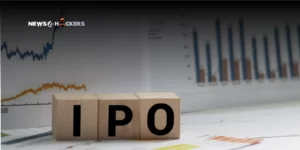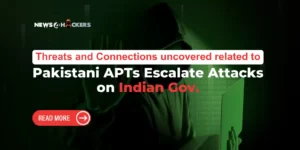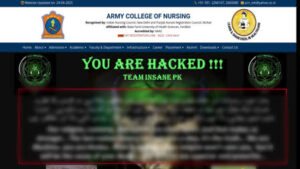Mumbai Cyber Cell Issues a Warning Regarding Fake Police via Telegram Video Calls.

Mumbai Cyber Cell Issues a Warning Regarding Fake Police via Telegram Video Calls.
By posing as police stations on Telegram, cybercriminals coerce victims into paying extortion demands. Police in Mumbai advise the public to maintain vigilance.

Mumbai: Scammers are employing bogus Telegram channels and video conversations to impersonate police officers in an alarming new cybercrime trend: extortion of money from unsuspecting victims. This mode of operation has been identified by the cyber cell of the Mumbai Police, which has issued a warning to individuals cautioning against such online solicitations and phone calls.
Cybercriminals have historically pretended to be customs officials in order to convince victims that they have been duped into accepting unauthorized shipments. Nevertheless, this novel approach entails establishing Telegram channels under the guise of authentic police stations, thereby imbuing their ruse with an aura of credibility.

A recent case serves as an illustration of this strategy. A businessman from Mumbai, aged 70, received a phone call from an individual posing as a customs officer from Lucknow. Following a fraudulent accusation that he had received contraband-laden mail, the caller demanded his presence at the Gomti Nagar police station in Lucknow.
After the businessman declined to comply, the fraudulent individuals transferred the contact to a surrogate Gomti Nagar police officer. A man who identified himself as Dinesh Kumar proposed utilizing a Telegram video contact to record the victim’s statement. In an effort to gain his further confidence, the con artist facilitated the video call under the guise of a “Lucknow Police, Gomti Nagar Police Station” Telegram account, which featured a phony officer in uniform.

Once the con artists had established rapport with the victim, they inundated him with unfounded allegations of money laundering and a CBI investigation. In addition, they exhibited a forgery of a CBI letter and issued his arrest and imprisonment threats. The businessman’s disclosure of his bank account information in a state of panic resulted in the fraudulent individuals obtaining Rs 3.5 lakh.
The fraudsters executed their final deceit by sending the victim a forged “Notarised Supervision Acknowledgment,” which they falsely represented as an anticipatory bond document. The merchant became cognizant of his deception only after he informed his family and eventually approached the Marine Drive police.

A cyber cell of the Mumbai Police has filed charges of fraud, forgery, and violation of the IT Act against the con artists. Individuals are advised to exercise prudence when receiving unsolicited phone calls and video calls, particularly those emanating from unfamiliar platforms or numbers, as stated in a public advisory.

Key Takeaways:
- Calls or communications from unknown sources impersonating customs agents or police officers should be avoided.
- Applications downloaded or installed at the request of unknown individuals should be avoided.
- It is strongly discouraged to share personal or financial information via video chats or phone interactions.
- Be sure to authenticate the sender’s identity via official channels prior to providing a response to any online solicitations.
- Notify the nearest police station or the cyber cell of any suspicious activity.
By remaining informed and vigilant, you can safeguard yourself against falling prey to these ingenious cyber scams. Bear in mind that anything that appears too wonderful to be true most likely is. Fear and pressure should never impair your judgment when engaging in online interactions; err on the side of caution at all times.
About The Author:
Yogesh Naager is a content marketer who specializes in the cybersecurity and B2B space. Besides writing for the News4Hackers blog, he’s also written for brands including CollegeDunia, Utsav Fashion, and NASSCOM. Naager entered the field of content in an unusual way. He began his career as an insurance sales executive, where he developed an interest in simplifying difficult concepts. He also combines this interest with a love of narrative, which makes him a good writer in the cybersecurity field. In the bottom line, he frequently writes for Craw Security.
READ MORE ARTICLE HERE






